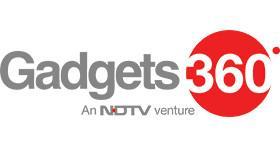
If it hadn't happened in real life, the HBO comedy Silicon Valley surely would have invented Juicero. Pitched as “Keurig for juice,” the Wi-Fi-enabled product collected over $120 million in venture capital with the promise that tech-savvy health nuts would shell out $400 for the hardware and $5 to $8 for disposable, pre-cut “produce packs.”
But in mid-April[1], Juicero turned into a folly for the ages, after two Bloomberg reporters discovered that they could get close to the promised eight ounces of juice simply by squeezing a produce pack for 90 seconds. Social media was abuzz with Juicero jokes when Alec Berg, a frequent writer and director on Silicon Valley, called to discuss the real-life quirks and anxieties the show so scrupulously reflects.
“In general, venture capitalists don't know the difference, going in, between a $10 billion idea and something that's going to blow out in three months,” Berg says. “But Juicero has raised hundreds of millions of dollars, so there is a sweet, delicious irony to the idea that there's a version of the Juicero machine that's free, and it's called 'your hands.'”
Less than a week after Silicon Valley[2] premiered its fourth season, The Circle, starring Emma Watson and Tom Hanks, hit theaters nationwide. Based on Dave Eggers' 2013 novel about the diabolical corporate culture at a Facebook[3]-like tech behemoth, The Circle would seem to have little in common with Silicon Valley, save for a corporate campus that resembles one of those state-of-the-art, candy-colored playgrounds for engineers and “visionaries.”
One is an affectionate parody of Valley excess, the other a Snowden-era updating of '70s paranoid thrillers such as The Conversation and The Parallax View. Yet each captures the tenor of uncertain and rapidly changing...